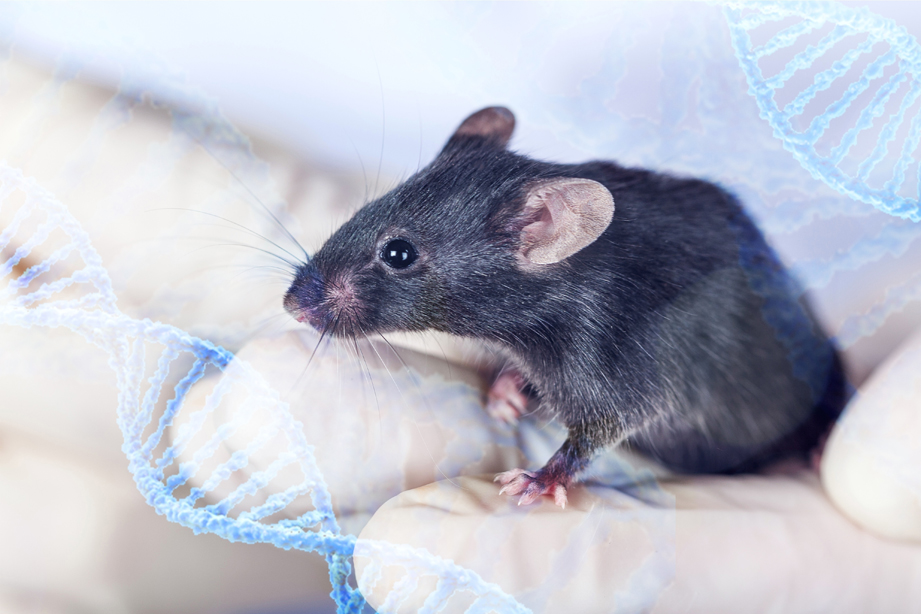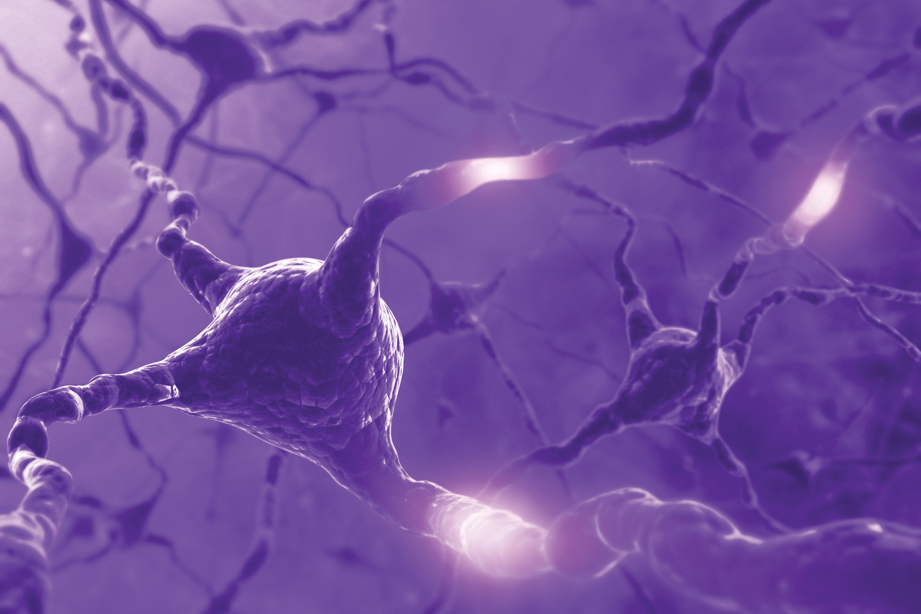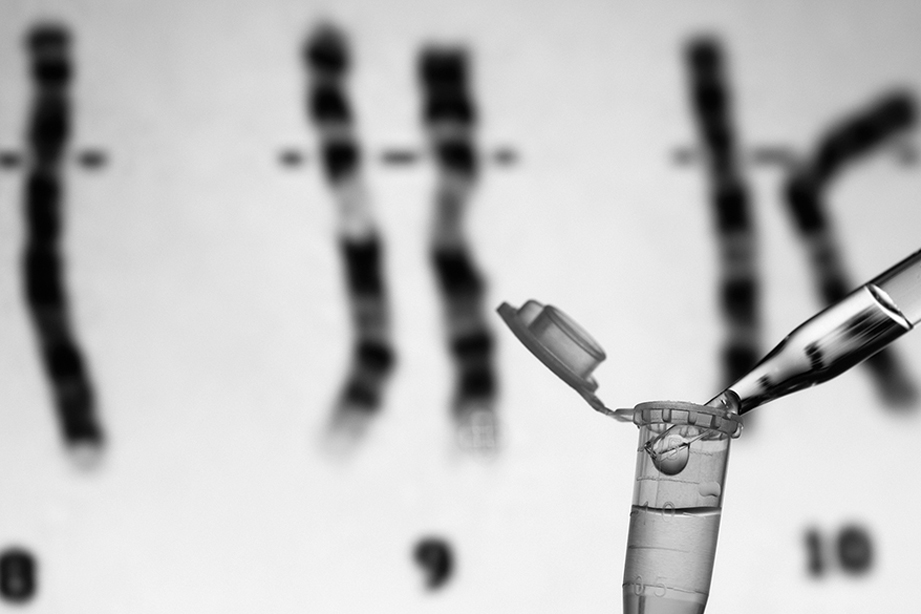Challenge Approximately 1 in 100 children per year are affected by prenatal alcohol exposure. These estimates translate to thousands of affected infants born with Fetal Alcohol Spectrum Disorder (FASD). Individuals with FASD can suffer from neuropsychological deficits, particularly in executive function (EF), which result in poor performance in school or at work, and in day [...]
Rat Studies Help Better Characterize FASD and Identify Potential Biomarkers
Nicolas Turgeon-Morin2023-10-19T10:55:27-08:00Challenge Children are usually school-aged by the time they receive a diagnosis for Fetal Alcohol Spectrum Disorder. However, evidence indicates that early intervention is beneficial. Having reliable biomarkers to detect changes related to prenatal alcohol exposure (PAE) could allow clinicians to identify FASD in children at a younger age and therefore provide earlier access to [...]
Mouse Models as a way to Determine Alcohol-Susceptible and Alcohol-Resistant Genes
Nicolas Turgeon-Morin2023-10-19T10:55:55-08:00Challenge When studying Fetal Alchol Spectrum Disorder (FASD), it’s challenging to discern the exact timing and the severity of alcohol exposure that a fetus experienced during pregnancy. This challenge makes it difficult for researchers to determine the exact relationship between these two factors and the likelihood of a child being born with FASD. Using animal [...]
Neuroimaging and the Effects of Alcohol on the Brain
Nicolas Turgeon-Morin2023-10-19T10:56:17-08:00Challenge Children with Fetal Alcohol Spectrum Disorder (FASD) exhibit a wide variety of brain abnormalities. These abnormalities include a small head and brain relative to body size, an underdeveloped cerebellum, and thinning of the corpus callosum. However, children with FASD display have such a wide range of brain anomalies that the exact relationship between structural [...]
The Promise of Epigenetics as a Novel Tool for FASD Screening
Nicolas Turgeon-Morin2023-10-19T10:56:50-08:00Challenge Prenatal alcohol exposure is a major cause of behavioural and cognitive deficits in children. Despite extensive research, a unique neurobehavioral profile for children affected by prenatal alcohol exposure has yet to be identified. This research project addressed how genetic and environmental factors interact with prenatal alcohol exposure to produce neurobehavioural and neurobiological deficits in [...]
Eye Tracking Device to Aid in Early FASD Screening
Nicolas Turgeon-Morin2023-10-19T10:57:09-08:00Challenge The assessment of children for Fetal Alcohol Spectrum Disorder (FASD) requires testing many different types of brain function to determine if they are impaired. However, children with FASD usually have to wait a long time for this formal diagnostic assessment, which often prevents them from accessing supports early on in life. Project Summary Measuring [...]
Therapeutic Video Game for Fetal Alcohol Spectrum Disorder
Nicolas Turgeon-Morin2023-10-19T10:57:29-08:00Challenge People with Fetal Alcohol Spectrum Disorder (FASD) tend to struggle with executive functioning—a set of cognitive processes that include working memory, flexible thinking, and planning. To help improve this skill set, a “serious game” is in development. Project Summary Previously called Cognitive Carnival, Caribbean Quest is a computer game that was rooted in neuroscience, [...]
Caribbean Quest
Nicolas Turgeon-Morin2023-10-19T10:58:57-08:00Challenge Individuals with neurodevelopmental disabilities commonly experience attention and executive function (EF) deficits that influence their development. Attention and executive function are involved in goal-driven behaviours, and include abilities such as focusing, inhibition, remembering, and regulating emotions and behaviours. Project Summary A growing body of literature has demonstrated that computerized training can be useful in [...]







